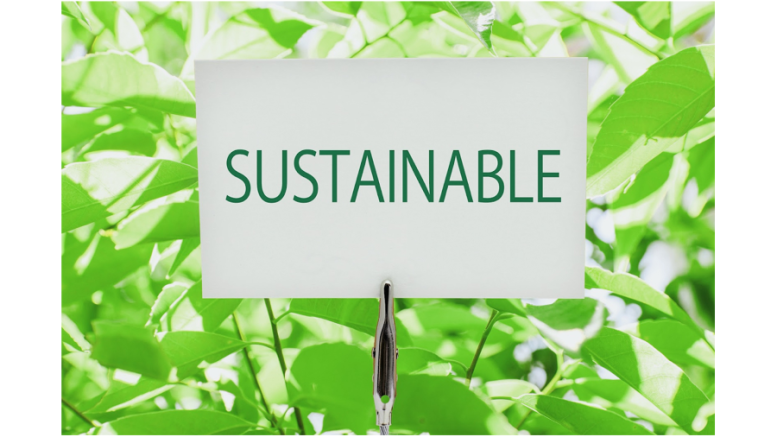In 2010 the global shampoo brand I worked on highlighted the fact that they used less plastic in their bottles in other markets but didn’t believe it mattered to their TG in India. I was clearly not their primary TG and this was very disappointing. Not that I was not their TG but that the larger shampoo using segment in the country did not care about the environment as much as they did about their hair.
Cut to 2024, the awareness and consciousness about the impact of our day to day actions and choices is slowly but surely seeping into the larger India. In 2021, Nivea launched their naturally good range in India, with Tapsi Pannu as their ambassador. The advertisement says, ‘good for nature, good for you’. The ads gave equal weightage to the fact that they used 50% less plastic in their packaging and the product features. Needless to say, I was delighted with the development as it meant the larger India was aligning with my personal motivations. I don’t have data on how this campaign impacted the fortunes of Nivea but, it definitely means that sustainability has started to matter in some way or the other. And it will shape the future of all business and advertising.
The role of including sustainability in the business growth strategy becomes more pronounced in an ecosystem where brands need to front load with intent, authenticity and purpose to make themselves future proof. One of the ways to care for our audience is to safeguard and help heal their planet, which incidentally is all of our planet but for some reason when it was written that the purpose of business is to make profit, no one showed the vision to say that everything loses its purpose if the planet and its resources are depleted at a rate faster than it can repair.
Today ‘sustainability’ has permeated as a concept not just in business but also in the business of advertising and marketing for business. Billboards and digital signages for example are moving towards being solar powered, using recycled material or plant based structures to integrate into the natural ecosystem etc. It will be a matter of time when we see further innovations such as what McDonald’s in Sweden did in 2019, when they replaced their traditional backlit billboards with habitats for bees. This creative, multi-use billboard exemplified how OOH advertising can be integrated into the environment. In the Philippines, Coca-Cola created billboards made from recycled PET bottles. These eye-catching displays not only promoted recycling but also demonstrated a commitment to reducing plastic waste. Much needed as the awareness about Coca Cola being the world’s largest contributor to branded plastic waste will only spread more in the years to come. It is understandable that brands with some pre-existing bad karma tend to act faster than the rest. But, no matter what the business, including sustainable practices and initiatives into the brand story has become non-negotiable.
What drives the consumer into leaning towards sustainable brand choices? On some level, it is guilt mixed with intent. People are unable to adopt sustainable practices in day to day life owing to the higher cost and inconvenience it sometimes incurs. This is most apparent from the fact that fruit and vegetable vendors stock plastic bags, no matter the bans and restrictions enforced, because not providing plastic bags has a direct impact on their daily sales. Buyers demand plastic bags, sometimes more than one per customer.
People do however seek less inconvenient ways to be sustainable. In a choice overloaded marketplace causing constant analysis paralysis, a simple factor like being environment friendly could tip the bets in the favor of a brand.. Even though sustainability serves all of us, both at an individual level and at a business entity level, we sidelined it because it cost more, was inconvenient or because it did not impact P&Ls. Now, this stands changed. Sustainability has become profitable not just for the environment but also in the short and long term for business.
The views and opinions published here belong to the author and do not necessarily reflect the views and opinions of the publisher.



Be the first to comment on "Is Sustainability profitable"